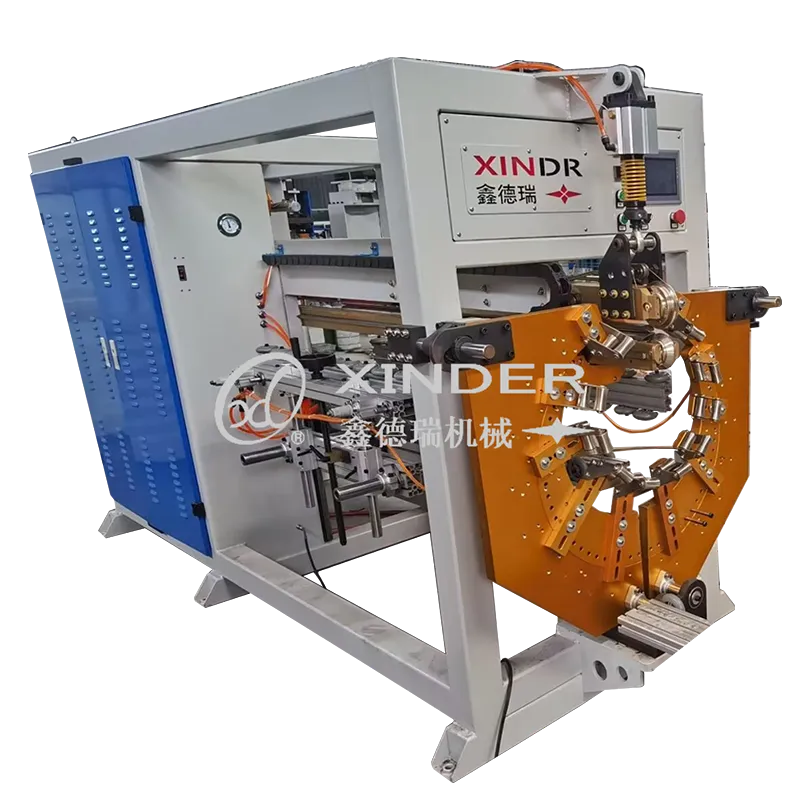-
 8613931787312
8613931787312 -
 Botou Industrial Zone on the east side of National Highway 104, Botou City, Hebei Province
Botou Industrial Zone on the east side of National Highway 104, Botou City, Hebei Province
- Afrikaans
- Albanian
- Amharic
- Arabic
- Armenian
- Azerbaijani
- Basque
- Belarusian
- Bengali
- Bosnian
- Bulgarian
- Catalan
- Cebuano
- Corsican
- Croatian
- Czech
- Danish
- Dutch
- English
- Esperanto
- Estonian
- Finnish
- French
- Frisian
- Galician
- Georgian
- German
- Greek
- Gujarati
- haitian_creole
- hausa
- hawaiian
- Hebrew
- Hindi
- Miao
- Hungarian
- Icelandic
- igbo
- Indonesian
- irish
- Italian
- Japanese
- Javanese
- Kannada
- kazakh
- Khmer
- Rwandese
- Korean
- Kurdish
- Kyrgyz
- Lao
- Latin
- Latvian
- Lithuanian
- Luxembourgish
- Macedonian
- Malgashi
- Malay
- Malayalam
- Maltese
- Maori
- Marathi
- Mongolian
- Myanmar
- Nepali
- Norwegian
- Norwegian
- Occitan
- Pashto
- Persian
- Polish
- Portuguese
- Punjabi
- Romanian
- Russian
- Samoan
- scottish-gaelic
- Serbian
- Sesotho
- Shona
- Sindhi
- Sinhala
- Slovak
- Slovenian
- Somali
- Spanish
- Sundanese
- Swahili
- Swedish
- Tagalog
- Tajik
- Tamil
- Tatar
- Telugu
- Thai
- Turkish
- Turkmen
- Ukrainian
- Urdu
- Uighur
- Uzbek
- Vietnamese
- Welsh
- Bantu
- Yiddish
- Yoruba
- Zulu
projection welding machine
Understanding Projection Welding Machines A Comprehensive Overview
Projection welding is a specialized process within the realm of resistance welding, offering unique advantages for joining metal components effectively and efficiently. At the heart of this innovative technique is the projection welding machine, designed to create precise and high-quality welds using controlled electrical energy and mechanical pressure. This article delves into the fundamentals, applications, and benefits of projection welding machines.
The Mechanism of Projection Welding
Projection welding operates by applying electrical current through the workpieces, which are typically metal components with localized projections or raised areas. These projections serve as points of electrical contact and significantly reduce the amount of energy required for welding. When current flows through the metal, it generates heat due to resistance, eventually melting the material at the projection points. A controlled application of pressure fuses the surfaces together, forming a solid bond once the molten metal cools.
The machine itself comprises several essential components, including an electrode assembly, a power supply, and a control system. The electrodes are responsible for delivering the electrical current to the workpieces, while the power supply regulates the energy output to ensure optimal welding conditions. The control system plays a crucial role in monitoring and adjusting parameters such as current, time, and pressure, enabling precise control over the welding process.
Applications of Projection Welding Machines
Projection welding is widely utilized in various industries, including automotive, aerospace, electronics, and appliance manufacturing. In the automotive sector, these machines are employed to join structural components, such as brackets and reinforcements, providing the necessary strength and durability. In the aerospace industry, projection welding is used for assembling components that must withstand high-stress conditions while maintaining lightweight characteristics.
projection welding machine

Electronics manufacturers also benefit from projection welding technology, as it allows for the reliable joining of intricate components without damaging sensitive parts. Additionally, appliance manufacturers utilize projection welding for fabricating durable parts like enclosures, thereby enhancing product longevity and performance.
Benefits of Projection Welding Machines
One of the primary advantages of projection welding machines is their speed. The process can produce welds rapidly, significantly increasing production efficiency compared to traditional welding methods. The localized heating also minimizes the heat-affected zone, reducing the risk of warping or altering the properties of the surrounding material.
Moreover, projection welding is highly versatile and can accommodate various materials, including mild steel, stainless steel, aluminum, and copper alloys. This adaptability makes it an ideal choice for manufacturers looking to streamline their production processes while ensuring consistent quality.
Another notable benefit is the reduced need for extensive fixturing. The design of projection welding allows parts to be aligned easily, with the projections serving as guides. This feature not only simplifies setup but also decreases production costs associated with complex fixtures and tooling.
Conclusion
In summary, projection welding machines are vital assets in modern manufacturing settings, providing efficient, high-quality, and versatile solutions for joining metal components. Their ability to produce fast, reliable welds while accommodating a variety of materials makes them indispensable in industries ranging from automotive to aerospace. As technology continues to evolve, we can anticipate further advancements in projection welding, enhancing its capabilities and expanding its applications in the manufacturing landscape. Whether you are a seasoned professional or a novice exploring the world of welding technology, understanding projection welding machines and their benefits is crucial for staying competitive in today’s industrial environment.
-
The Rise of Laser Welding: Precision Meets Power in Modern MetalworkNewsAug.06,2025
-
Streamlining Industrial Packaging: The Power of Barrel Production LinesNewsAug.06,2025
-
Revolutionizing Metal Joining: The Power of Automatic Seam Welding MachinesNewsAug.06,2025
-
Powering Industrial Innovation: The Role of Pipe and Tube Machinery in Modern ManufacturingNewsAug.06,2025
-
Exploring the World of Resistance Welding: Equipment, Manufacturers, and Pricing InsightsNewsAug.06,2025
-
Advancing Container Manufacturing: The Role of the Modern Can Welding MachineNewsAug.06,2025
-
Understanding Automatic Seam Welding Machines: A Game Changer in Welding TechnologyNewsJul.18,2025
-
 Pneumatic Handle Welding MachineSep . 13, 2024
Pneumatic Handle Welding MachineSep . 13, 2024 -
 Fully Automatic Kaiping Production LineOct . 17, 2024
Fully Automatic Kaiping Production LineOct . 17, 2024 -
 Fully Automatic Metal Bucket Lifting HeadphonesSep . 14, 2024
Fully Automatic Metal Bucket Lifting HeadphonesSep . 14, 2024

